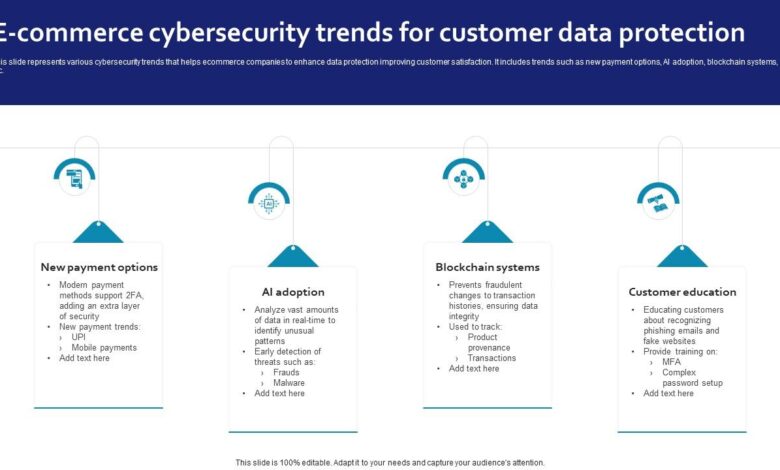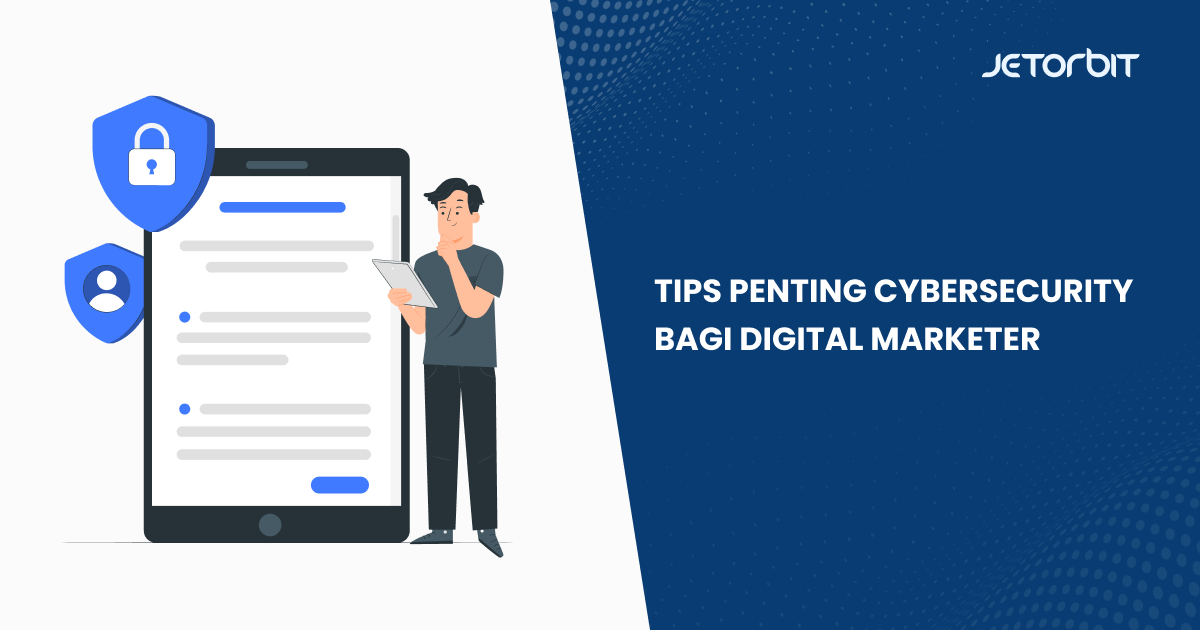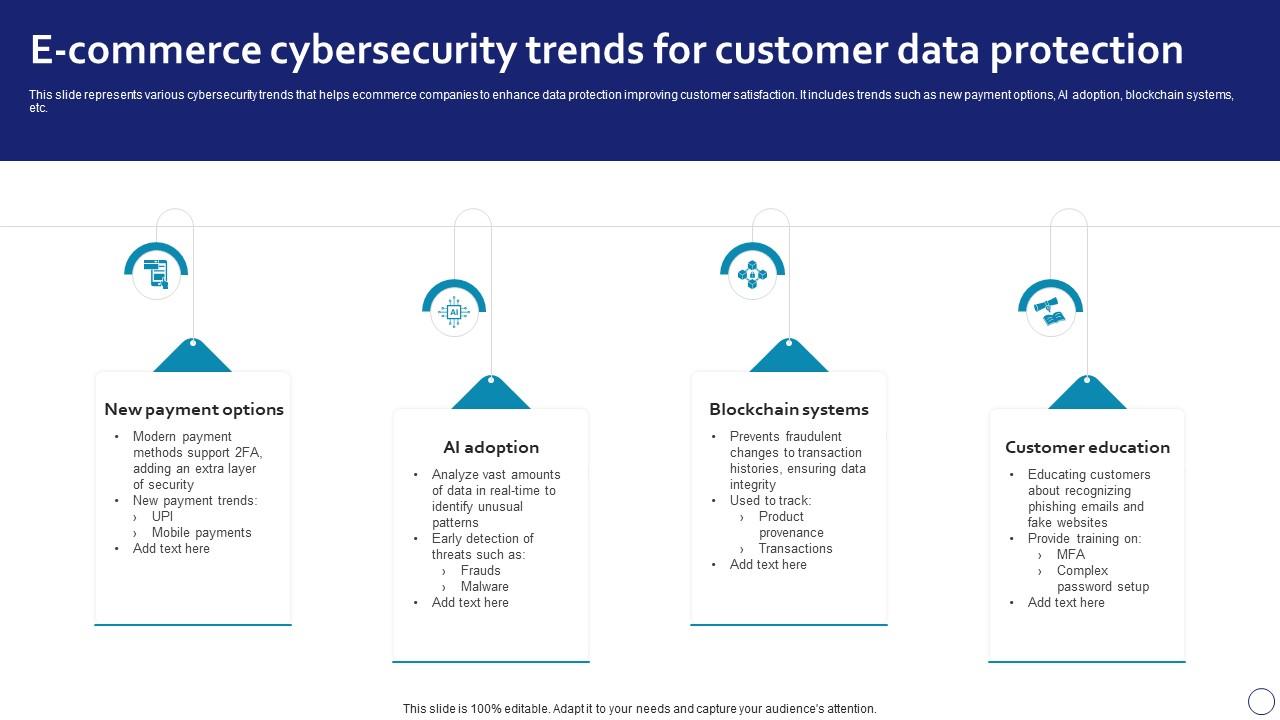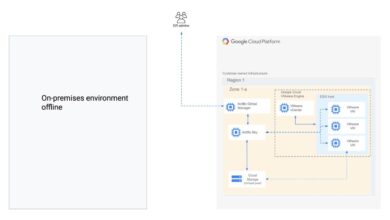
Taniums Cybersecurity Demo Data A Privacy Concern?
Cybersecurity startup Tanium uses sensitive customer data in its marketing demos. Whoa, right? This isn’t just about a company showing off its cool tech; it’s a deep dive into the ethical and legal minefield of using customer information for sales pitches. We’ll explore the potential risks, the regulatory hurdles, and what this means for Tanium’s reputation and, more importantly, its customers’ trust.
Tanium’s current practice involves showcasing anonymized data from client environments during product demonstrations. However, concerns arise regarding the level of anonymization and the potential for re-identification. The types of data involved could include network configurations, system logs, and even potentially sensitive user information, depending on the level of access granted during the demonstration. This practice raises significant risks, including potential breaches, legal repercussions, and erosion of customer trust.
Tanium’s Data Usage in Marketing Demonstrations

Tanium, like many cybersecurity companies, uses data in its marketing demonstrations to showcase the power and effectiveness of its platform. However, the use of customer data in these demonstrations raises important considerations around data privacy and security. This post examines Tanium’s practices, the potential risks, and alternative approaches that could mitigate these risks.Tanium’s current practices, as publicly understood, likely involve anonymization and aggregation techniques to protect sensitive customer information.
This could include masking specific identifiers like IP addresses or user names while still demonstrating the platform’s ability to detect and respond to threats. The level of anonymization and the specific techniques employed remain largely undisclosed, however.
Types of Sensitive Customer Data Potentially Included
The types of data potentially included in Tanium marketing demos are those relevant to showcasing the platform’s capabilities. This might encompass anonymized or aggregated data points related to endpoint security events, such as the number of malware detections, the types of vulnerabilities identified, or the speed of threat response. While potentially anonymized, this data could still indirectly reveal information about a customer’s environment, systems, and security posture.
The risk is that skilled individuals might be able to re-identify the source of the data despite anonymization efforts.
Potential Risks Associated with Showcasing Sensitive Data
The inherent risk in showcasing any data, even anonymized data, lies in the possibility of re-identification. Sophisticated attackers or competitors could potentially reverse-engineer anonymization techniques, revealing sensitive information about Tanium’s customers. This could lead to targeted attacks against those customers, compromising their security and potentially exposing confidential business information. Furthermore, even the seemingly innocuous display of aggregated data could provide valuable insights into the overall security posture of Tanium’s customer base, potentially informing future attack strategies.
A breach of trust could also result, damaging Tanium’s reputation and impacting customer relationships.
Alternative Approach to Demonstrating Tanium’s Capabilities
A more secure and privacy-respecting approach would involve utilizing synthetic data or simulated environments for marketing demonstrations. Synthetic data, generated to mimic real-world data characteristics without containing actual customer information, could be used to create realistic scenarios. These scenarios would allow Tanium to demonstrate its platform’s functionality without compromising the confidentiality of its customers. This approach, while requiring investment in data generation and simulation tools, would significantly reduce the risk of data breaches and maintain customer trust.
Alternatively, Tanium could create generalized case studies, focusing on the types of threats detected and the effectiveness of the response, without revealing specific customer details. This would still allow them to showcase their platform’s capabilities while preserving customer confidentiality.
Legal and Ethical Implications: Cybersecurity Startup Tanium Uses Sensitive Customer Data In Its Marketing Demos

Tanium’s use of sensitive customer data in marketing demonstrations raises significant legal and ethical concerns, potentially impacting its reputation and business relationships. Navigating the complex landscape of data privacy regulations and ethical considerations is crucial for any company handling sensitive information, and Tanium’s practices require careful scrutiny.The use of customer data in marketing, even anonymized or aggregated data, necessitates a thorough understanding and compliance with relevant data protection laws.
The news about cybersecurity startup Tanium using sensitive customer data in its marketing demos is unsettling, highlighting the ongoing tension between showcasing capabilities and protecting privacy. This makes me think about the importance of robust cloud security, especially given the rise of solutions like bitglass and the rise of cloud security posture management , which are crucial for mitigating such risks.
Ultimately, Tanium’s actions underscore the need for stronger data governance across the entire cybersecurity landscape.
Data Privacy Regulations and Applicability to Tanium, Cybersecurity startup tanium uses sensitive customer data in its marketing demos
The General Data Protection Regulation (GDPR) in Europe and the California Consumer Privacy Act (CCPA) in California, among other regional and national laws, impose strict requirements on how companies collect, process, and use personal data. GDPR, for example, mandates explicit consent for data processing and provides individuals with rights to access, rectify, and erase their data. The CCPA grants similar rights to California residents.
Tanium must ensure its data usage in marketing demonstrations complies with all applicable regulations, including obtaining explicit consent where required, implementing robust data security measures, and providing individuals with transparent information about how their data is being used. Failure to comply could result in substantial fines and legal repercussions. For instance, a company failing to obtain proper consent under GDPR could face fines up to €20 million or 4% of annual global turnover, whichever is higher.
Similarly, CCPA violations can lead to significant penalties.
Ethical Considerations of Using Customer Data for Marketing
Even when legally permissible, using customer data for marketing purposes raises ethical concerns. Trust is paramount in the cybersecurity industry, and leveraging sensitive customer information for marketing, even if anonymized, can erode that trust. Customers might perceive the practice as a breach of confidentiality, undermining their confidence in Tanium’s ability to protect their data. Ethical considerations involve transparency – clearly informing customers how their data is used – and data minimization – using only the minimum necessary data for the intended purpose.
A lack of transparency or excessive data collection can be ethically problematic, regardless of legal compliance. For example, using a customer’s security incident data in a marketing demo without their explicit consent, even if anonymized, would likely be viewed as unethical, regardless of legal compliance.
Potential Reputational Damage
The reputational damage from improper handling of customer data can be severe. Negative publicity surrounding data misuse can lead to loss of customers, damage to brand image, and difficulty attracting and retaining talent. In the cybersecurity industry, where trust is paramount, any perceived breach of confidentiality can have devastating consequences. Consider the impact on Tanium if a news report revealed the unauthorized use of customer data in marketing demos.
This could lead to a significant loss of customer trust, impacting sales and partnerships. Such negative publicity could also discourage potential investors and damage Tanium’s overall reputation.
Comparison with Competitors
A comparative analysis of Tanium’s practices with those of its competitors is crucial. While many cybersecurity companies use customer data for various purposes, best practices vary. Some companies might prioritize transparency and data minimization, while others might adopt a more permissive approach. By comparing Tanium’s practices to those of its competitors, we can assess whether its approach is aligned with industry standards and best practices.
Analyzing competitor practices allows for a benchmark against which Tanium’s methods can be measured. This comparison would ideally include an examination of public statements, privacy policies, and any known instances of data breaches or misuse by competitors.
Customer Perspective and Trust

Tanium’s use of customer data in marketing demonstrations, while potentially beneficial for showcasing the platform’s capabilities, presents a significant risk to customer trust. The perception of data misuse, even if unintentional or legally compliant, can severely damage relationships and impact future business. Maintaining customer confidence requires a proactive and transparent approach to data handling.The potential erosion of trust stems from the inherent vulnerability felt by customers when their sensitive information is used, even in a seemingly innocuous context like a marketing demo.
The perception of control over one’s data is paramount, and any perceived lack of control can lead to negative feelings and distrust. This is particularly true in the cybersecurity sector, where trust is a foundational element of the client-vendor relationship.
Customer Reaction Scenario
Imagine Sarah, the CIO of a large financial institution, discovers that her company’s network data, anonymized but still identifiable as originating from her organization, was used in a Tanium marketing presentation shown to a potential client. While Tanium assures her that all personally identifiable information (PII) was removed, Sarah feels a deep unease. The thought that her organization’s security posture, even in a summarized and anonymized form, was exposed to a third party, raises serious concerns about potential vulnerabilities and the overall security of her relationship with Tanium.
Her initial reaction might be anger, followed by a reevaluation of the vendor’s trustworthiness and a potential reassessment of the ongoing contract.
Mitigation Strategies to Address Customer Concerns
Implementing robust mitigation strategies is crucial for Tanium to address potential customer concerns and rebuild trust. This requires a multi-faceted approach:
First, Tanium needs to establish a clear and comprehensive data usage policy specifically addressing marketing demonstrations. This policy should explicitly Artikel what data is used, how it’s anonymized, the purpose of its use, and the safeguards in place to protect customer confidentiality. This policy should be easily accessible to all customers.
Second, Tanium should implement a rigorous data anonymization process that goes beyond simple removal of PII. Techniques like differential privacy or federated learning should be explored to minimize the risk of re-identification. Regular audits and independent verification of this process should be conducted to ensure ongoing effectiveness.
Third, Tanium should provide customers with explicit opt-in or opt-out choices regarding the use of their data in marketing demonstrations. This gives customers direct control over their data and empowers them to make informed decisions. Transparency in this process is key to building trust.
Improving Transparency and Communication to Rebuild Trust
Open and honest communication is paramount in rebuilding trust. Tanium should proactively inform customers about its data usage practices, both in its contracts and through regular updates. This transparency should extend to explaining the anonymization techniques used, the security measures in place, and the overall rationale behind using customer data in marketing. Furthermore, establishing a dedicated customer feedback mechanism allows for direct communication and addresses concerns promptly.
Proactive engagement with customers demonstrates a commitment to addressing their concerns and valuing their relationship. This might involve regular meetings, dedicated communication channels, and the opportunity for customers to review and approve any planned use of their data in marketing materials.
Security Risks and Vulnerabilities
Using customer data in marketing demonstrations, while potentially beneficial for showcasing Tanium’s capabilities, introduces significant security risks. The inherent vulnerability lies in the exposure of sensitive information to potentially insecure environments and individuals, increasing the likelihood of data breaches and unauthorized access. This necessitates a robust security protocol to mitigate these risks and maintain customer trust.Potential security risks associated with exposing customer data in marketing demonstrations are multifaceted.
Data breaches, resulting from malicious actors exploiting vulnerabilities in the demonstration environment or gaining unauthorized access, represent a primary concern. This could involve the compromise of sensitive information such as customer names, IP addresses, system configurations, or even financial data, depending on the nature of the demonstration. Furthermore, the risk extends beyond direct data theft; compromised data could be used for further attacks against customers, tarnishing Tanium’s reputation and potentially leading to legal repercussions.
The simple act of transferring data to a demonstration environment also introduces risks, as data could be intercepted during transit if proper security measures aren’t in place.
Data Breach Scenarios and Mitigation
Several scenarios illustrate the potential for data breaches. For example, a poorly secured virtual machine used for a demonstration could be easily compromised by a determined attacker. A seemingly innocuous vulnerability in the demonstration software could allow an attacker to access sensitive data, or a compromised network could provide a pathway for unauthorized access. Furthermore, human error, such as leaving sensitive data accessible after a demonstration, represents a significant risk.
To mitigate these risks, Tanium must implement strong security measures throughout the entire demonstration lifecycle, from data preparation to post-demonstration cleanup. This includes regular security audits, penetration testing, and robust access controls.
Security Protocol for Handling Customer Data in Marketing
Tanium needs a comprehensive security protocol for handling customer data used in marketing demonstrations. This protocol must cover all stages, from data selection and anonymization to secure storage and disposal. It should include strict access controls, limiting access to only authorized personnel with a need-to-know basis. Data anonymization techniques, such as data masking and pseudonymization, should be implemented wherever possible to reduce the impact of a potential breach.
The news about cybersecurity startup Tanium using sensitive customer data in marketing demos is unsettling, highlighting the ethical dilemmas in the tech world. This makes me think about secure application development, and how platforms like Domino are evolving with domino app dev the low code and pro code future to improve security. Ultimately, responsible data handling needs to be a core principle, regardless of whether you’re building a low-code app or a sophisticated cybersecurity platform like Tanium.
Regular security training for personnel involved in demonstrations is also crucial.
| Measure | Description | Implementation | Risk Mitigation |
|---|---|---|---|
| Data Minimization | Only include the minimum necessary data in demonstrations. | Strict data selection criteria and review process. | Reduces the impact of a potential breach. |
| Data Anonymization | Employ techniques like data masking and pseudonymization. | Utilize specialized data anonymization tools and techniques. | Protects customer identities and sensitive information. |
| Secure Environment | Use isolated and secure virtual environments for demonstrations. | Dedicated, regularly patched VMs with strong network security. | Limits the impact of a compromise to the demonstration environment. |
| Access Control | Implement strong access controls, restricting access to authorized personnel. | Role-based access control (RBAC) and multi-factor authentication (MFA). | Prevents unauthorized access to sensitive data. |
| Data Encryption | Encrypt data both in transit and at rest. | Utilize strong encryption algorithms and key management practices. | Protects data even if a breach occurs. |
| Regular Security Audits | Conduct regular security assessments and penetration testing. | Engage external security experts for independent assessments. | Identifies and addresses vulnerabilities proactively. |
| Incident Response Plan | Develop and regularly test an incident response plan for data breaches. | Define clear roles, responsibilities, and procedures. | Ensures a swift and effective response in case of a breach. |
| Data Disposal | Securely erase data from demonstration environments after use. | Implement secure data wiping techniques. | Prevents data leakage after the demonstration. |
Final Review
Ultimately, Tanium’s use of customer data in marketing demos highlights a critical issue facing the cybersecurity industry: the balance between showcasing innovative solutions and protecting customer privacy. While demonstrating capabilities is crucial, doing so responsibly and ethically is paramount. Tanium, and other companies, need to prioritize robust data anonymization techniques, transparent communication with clients, and adherence to strict data privacy regulations to maintain customer trust and avoid potential legal and reputational damage.
The future of marketing in cybersecurity might just depend on it.
FAQ Overview
What specific regulations might Tanium be violating?
Depending on the data used and the customers’ locations, Tanium could be in violation of regulations like GDPR (in Europe), CCPA (in California), and other regional data privacy laws. These laws require consent and robust data protection measures.
Could Tanium face legal action?
Yes, if it’s found to be violating data privacy laws or breaching its contracts with customers, Tanium could face significant fines and legal challenges. Class-action lawsuits are also a possibility.
What are the long-term consequences for Tanium?
Besides legal ramifications, Tanium risks losing customer trust and damaging its reputation, potentially impacting future business opportunities and investor confidence.





